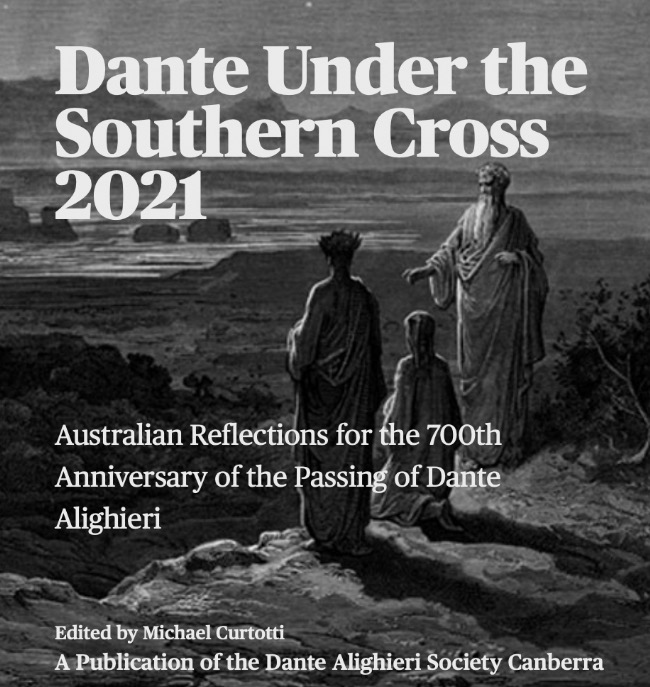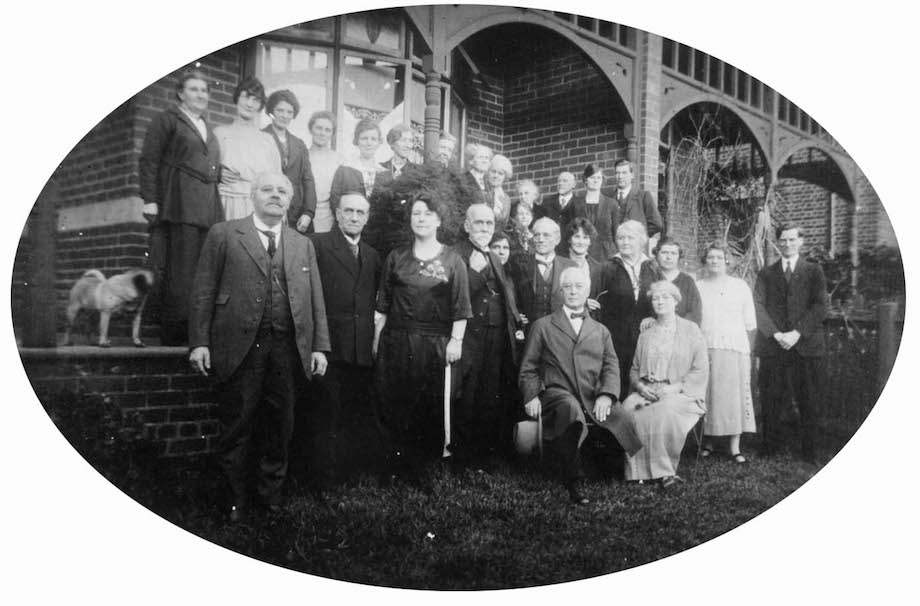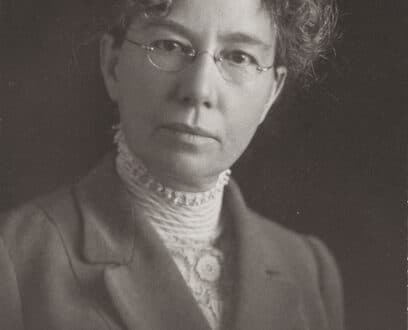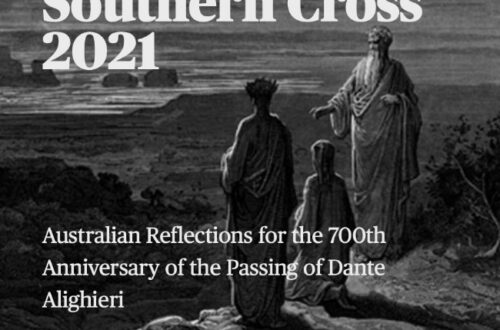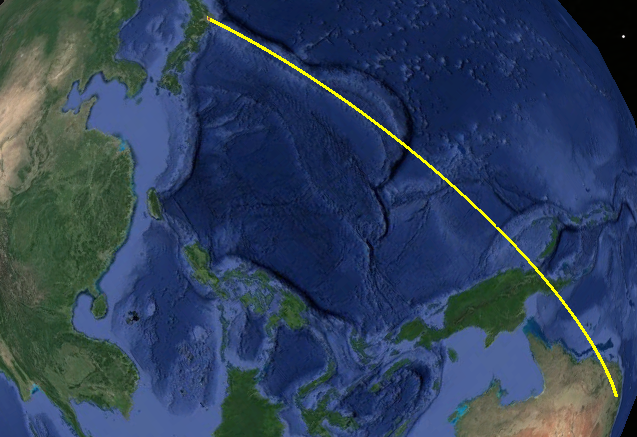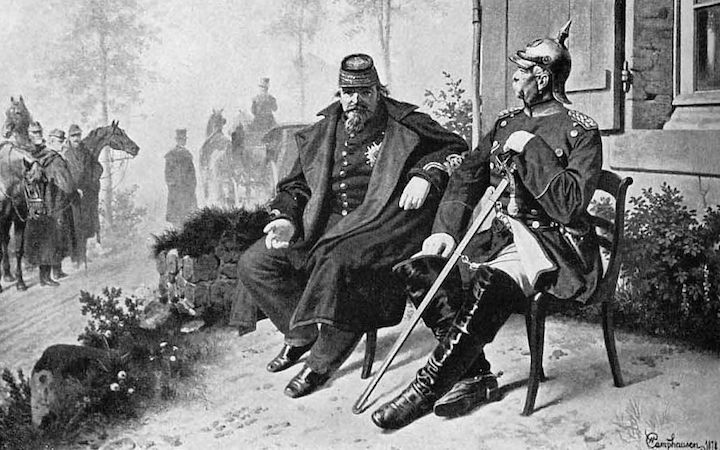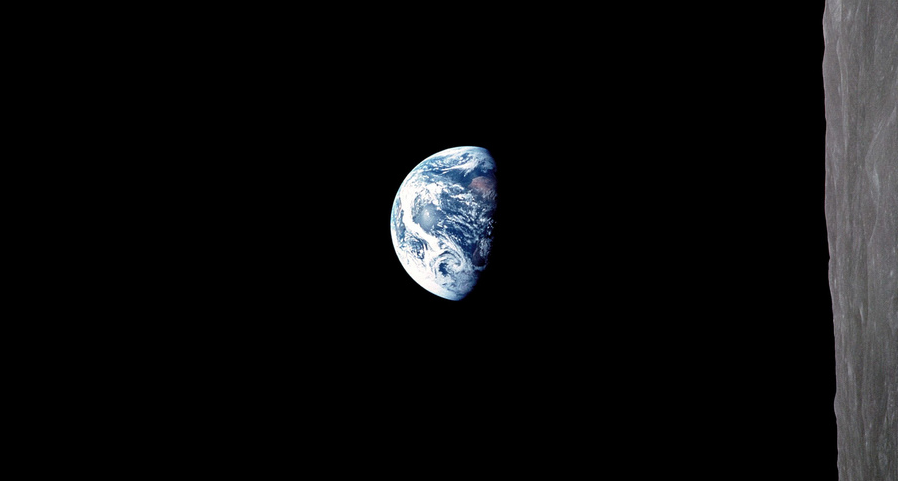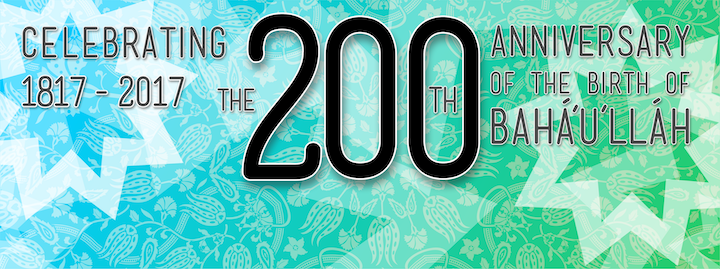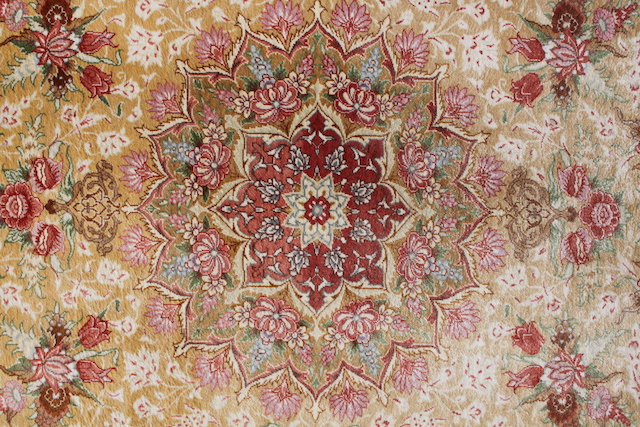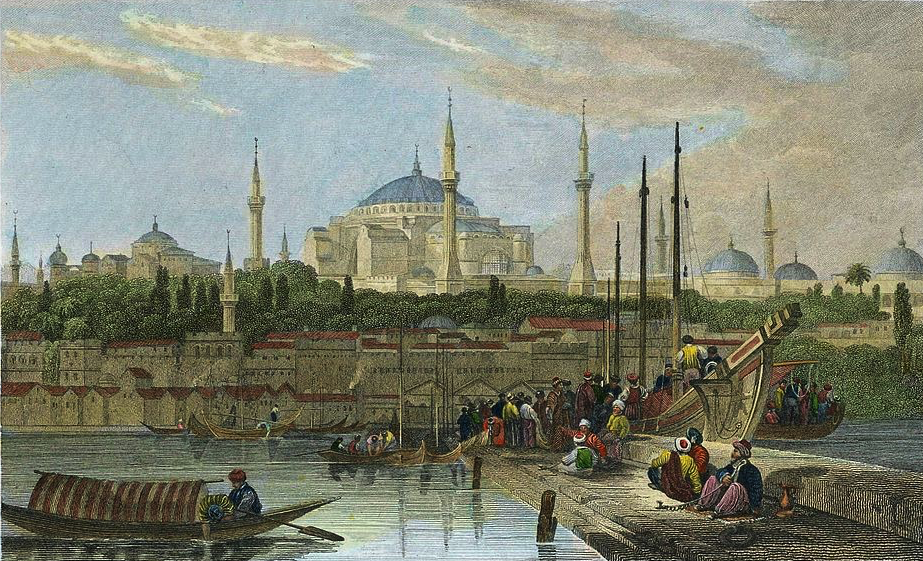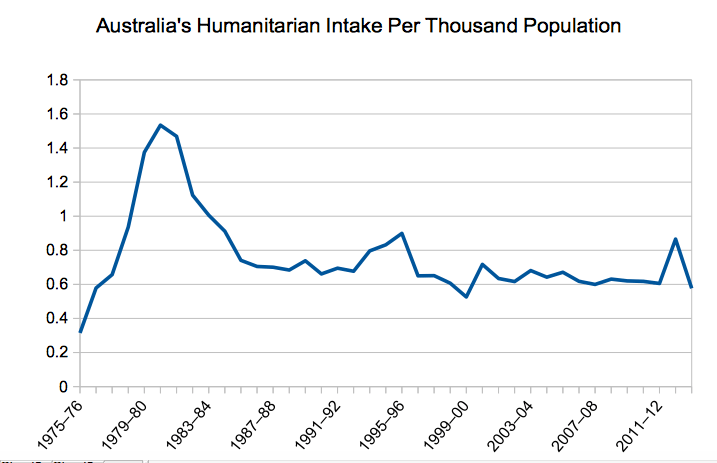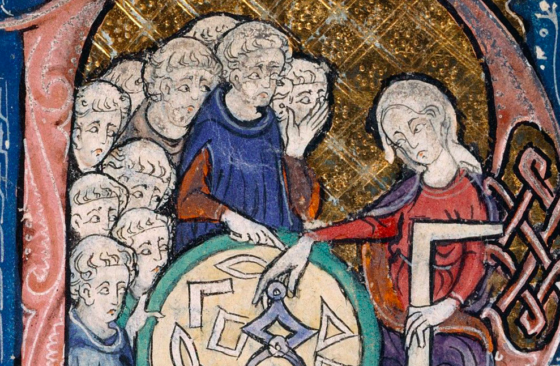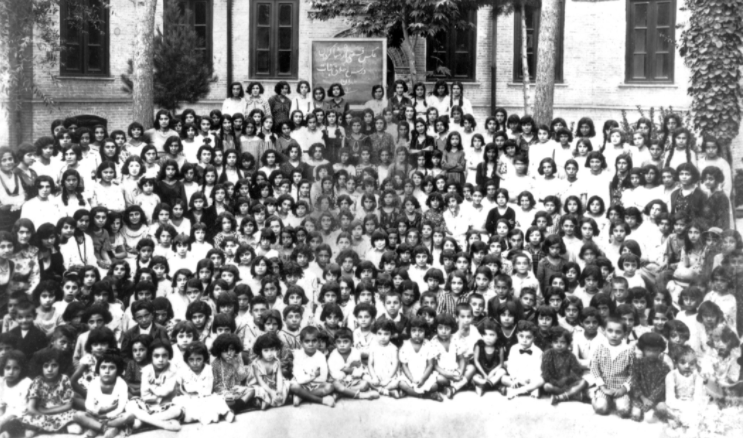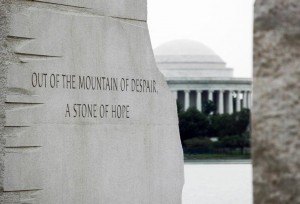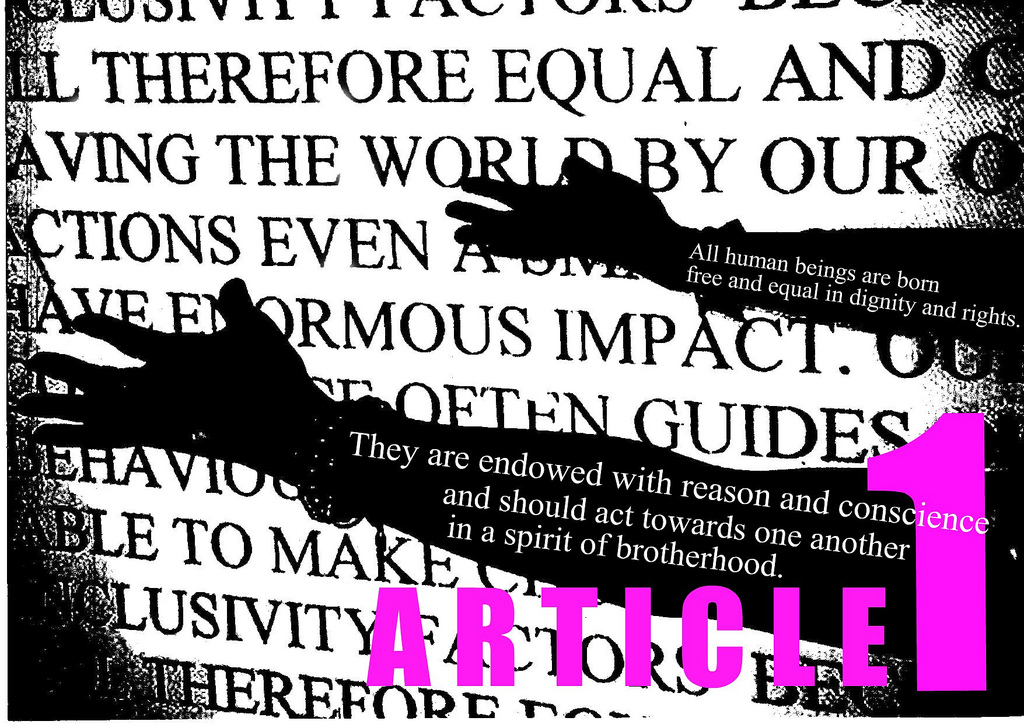-
Dante under the Southern Cross: Australian Reflections on the 700th Anniversary of the Passing of Dante Alighieri
Does Dante Alighieri, an Italian poet who died more than 700 years ago, really have anything to do with gum trees and koala bears? It’s that kind of question that drew together Australian Dante Alighieri Societies to talk about Dante, in a series of presentations around Australia which stretched from Perth to Brisbane. Despite the fact that Dante never knew of Australia’s existence, he did think about us in a way. He wondered what the stars might look like under southern skies, and he put four stars he imagined above our heads. Did he know about the Southern Cross? Some think, maybe he somehow he found out about it. Maybe…
-
Dante Alighieri in a Wide Brown Land*
On the hill beyond Canberra’s lake we do not find ourselves in Dante’s dark wood. Instead, the hundred carefully nurtured forests of the National Arboretum surround us. Some of its trees are from Australia, but many are from far beyond. As we appreciate their beauty, we see that these forests can symbolise Italians in Australia,[1] for we are part of the diverse heritage of this continent. Yet as our eyes turn to the ridge near the Himalayan Pines, we see a rusted monument rise from the land before us.[2] It is timeless, as it proclaims Dorothea Mackellar’s words “Wide Brown Land”. She wrote them about Australia in 1907; a young…
-
Healing the Wounds of War: a Spiritual Axis
After World War 2 the world was in ruins. The nations that fought against each other in that war were the last people who you would think would naturally cooperate with each other in a common cause. In Australia, when I was growing up, there was still (if fading) a lingering collective memory among some of the Japanese as a hated and feared enemy, even though nowadays there is warm friendship between the two countries and peoples. Shoghi Effendi, who led the Baha’i community in this dark period of war, and in the subsequent decades, did not think like this. Where others saw enmity he saw connections. Thus he framed…
-
Clara and Hyde Dunn – the Baha’i Faith Comes to Australia
On 10 April 1920, when Clara and Hyde Dunn arrived in Sydney, Australia was, to most of the world, a far-away place. To the bulk of Australia’s people it was a new nation seeking to unfold an egalitarian future that would be free of the many oppressions of the old world. Phrases like “fair go, mate” – though not so common nowadays – still capture something deep in the Australian ethos and sense of identity. It was to be a new society in which people could live a life of dignity, of freedom and of peace. In many ways this vision was a beautiful one. It was not always pursued.…
-
Adam and the Rainbow Serpent
In ancient biblical lore Adam is the first human and the creation story of Adam and Eve is well-known. Adam and Eve are cast as responsible for the “fall of man” through their disobedience in eating from tree of good and evil. This story is regarded as a metaphorical rather than literal in the Baha’i teachings.[1] In the Qur’an, Adam and Eve also appear, but the story is told differently. In Islam, Adam is regarded as the first prophet, not just the first man. Adam’s disobedience, as it is told in the Qur’an, however, does not condemn humanity. There is no doctrine of original sin. God forgives Adam. As an aside,…
-
Australia’s refugee intake at historic lows
Update November 2016: Since this post back in 2015, Australia has announced a special humanitarian intake for Syrian refugees. According to information published by the Department of Border Protection, in the 2015-16 year, 17,555 humanitarian visas were issued including almost 3800 to Syrian refugees. In a discussion paper issued for the 2015-16 year, the Department estimates that the 2019 program will be no less than 18,750 places. Meanwhile the global situation for refugees is no better. Such improvements while welcome are insufficient to the need. Australia cannot solve the problem alone. Yet, it is important to continue to ask if we are doing all we reasonably can and should in…
-
The borders of virtue and power
Closing borders: to refugees, to undocumented migrants, raises questions of virtue and questions of power. The public debate around borders is so fractured, so superficial, so bedevilled with assumption and ritual conflict that it conveys little new meaning. It simply reiterates the existence of a continuing contest – a contest that often is more about power than rights. In this contest we see progressively increasing brutality and violence. Resort to force, implicit or explicit, is the modern day tool of choice underpinning this public debate. Whether in the sophisticated armory and defenses of international borders or the increasing instances of riot of those who assert their freedom. The tiny island of Lampedusa saw such an example this…
-
Three reasons for Abandoning Mandatory Detention
A paper delivered at a roundtable on alternatives to detention held in Canberra, June 9 – 10, 2011 By Penelope Mathew Freilich Foundation Professor The Australian National University Why does mandatory detention of asylum seekers continue in Australia when there are alternatives? In this short presentation, I invite people to think about three important issues that shape the debate about Australia’s policy of mandatory detention – legality, proportionality and risk. I begin with legality, because it is clear that one of the obstacles to alternatives to detention is the perception that unauthorized arrivals seeking asylum have acted illegally. One reason for this perception is that human rights law speaks with…
-
Migrant Rights? Not our problem …
Despite being urged to do so, Australia will not ratify the Migrant Workers Convention: one of the major human rights treaties of the world. The Australian Human Rights Commission and countries taking part in a review of Australia’s human rights performance under the UN universal periodic review, urged Australia to consider ratifying the International Convention on the Protection of the Rights of All Migrant Workers and Members of Their Families (Migrant Workers Convention). Australia will not even consider this recommendation. The Australian government response stated that “it views the existing protections for migrant workers as adequate” and that Australia “does not intend to become a party to ICRMW”. Australia has many migrant workers simply…
